Moscow and Kiev in ‘Positive Mood’ After Talks in Paris on Ending Ukraine Conflict
Russian and Ukrainian officials expressed cautious optimism following discussions in which Russia pushed for Ukraine to take back legal control of eastern territories.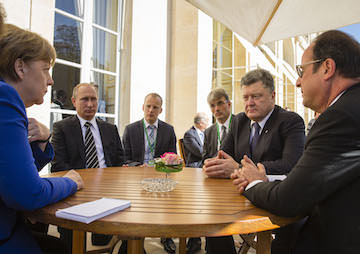
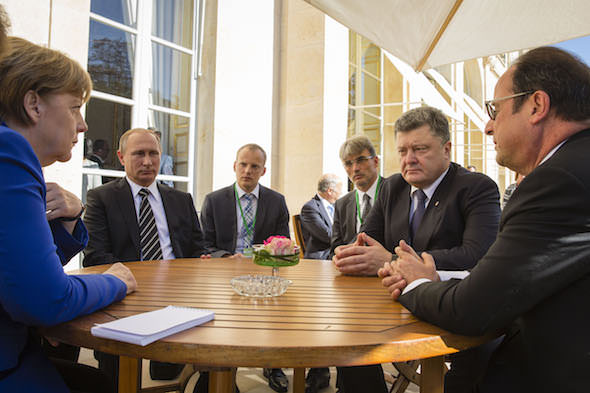
While others intently observe, German Chancellor Angela Merkel, Russian President Vladimir Putin (second from left), Ukrainian President Petro Poroshenko (second from right) and French President François Hollande (far right) talk in Paris on Friday. (Mikhail Palinchak / AP)
After long — and long-planned — negotiations in Paris, Russian and Ukrainian officials expressed cautious optimism that an end to the conflict in east Ukraine, which has raged for a year and cost more than 8,000 lives, was in sight, The Guardian reports.
The talks involved leaders of Russia, Ukraine, France and Germany. A Kremlin spokesman described the discussions as businesslike. According to Interfax Ukraine, Ukrainian President Petro Poroshenko cautioned that the conflict would end only when “the last piece of Ukrainian territory was freed.”
Nevertheless, when the talks were over, German Chancellor Angela Merkel said, “There is a hope that despite the delays in implementing [the Minsk agreement], steps have been made and overall we can talk about a positive mood that we could have this meeting today and discuss important things.”
The Guardian reports:
When the four leaders last met in Minsk, Belarus in February, they spoke for 16 hours in marathon overnight talks which resulted in a new ceasefire agreement to augment the first Minsk agreement signed in September last year. The ceasefire was largely ignored for months but in recent weeks there has been almost full quiet on the front lines, as Russia pushes for Ukraine to take back legal control of the territories. Russia has denied military involvement in the conflict despite overwhelming evidence to the contrary.
François Hollande, the French president, said the elections planned for October in the rebel territories, which Kiev had denounced as illegal, would “probably” not take place yet and said he hoped Ukraine would pass a new law which allowed the vote to take place and would guarantee a full amnesty for all those taking part. This suggestion, which could effectively see rebel military commanders elected under Ukrainian law, will be unpalatable to many in Kiev.
The Donetsk rebels had planned to hold elections on 18 October, while the Luhansk statelet had set elections for 1 November. The compromise plan would involve the Ukrainian parliament passing a law stating these elections were indeed legal, but they would be organised by the rebels. Aside from the emotional issue of the amnesty, Ukraine had been uneasy about this suggestion, feeling it would push the territories back inside Ukraine legally and financially, but Kiev would still have no political control.
With the rebels, Kiev and Moscow all tired of the fighting, “some kind of imperfect and uneasy solution appeared possible in the runup to Friday’s meeting,” The Guardian added.
In an interview in Donetsk, eastern Ukraine, last week, rebel leader Alexander Khodakovsky told The Guardian that the military part of the conflict had come to a close, even if radical voices on all sides were not happy about it.
“We will be de jure inside Ukraine but will live by our own laws and leaders. Depending on how the political situation inside Ukraine and Russia develops, the next stage will be either increased stability leading to some kind of lasting settlement, or renewed conflict.”
— Posted by Alexander Reed Kelly.
Independent journalism is under threat and overshadowed by heavily funded mainstream media.
You can help level the playing field. Become a member.
Your tax-deductible contribution keeps us digging beneath the headlines to give you thought-provoking, investigative reporting and analysis that unearths what's really happening- without compromise.
Give today to support our courageous, independent journalists.


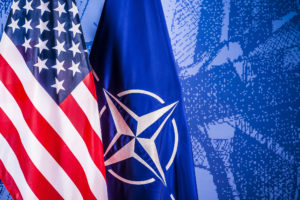
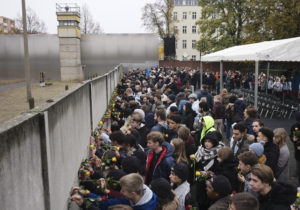
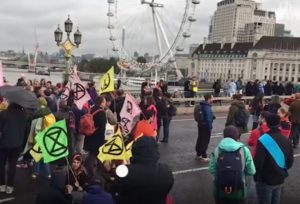
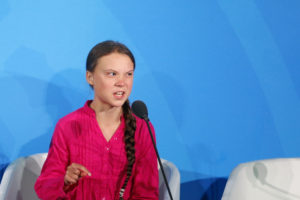
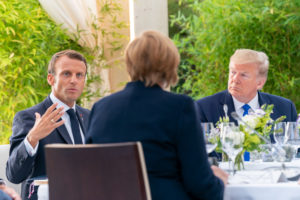


You need to be a supporter to comment.
There are currently no responses to this article.
Be the first to respond.